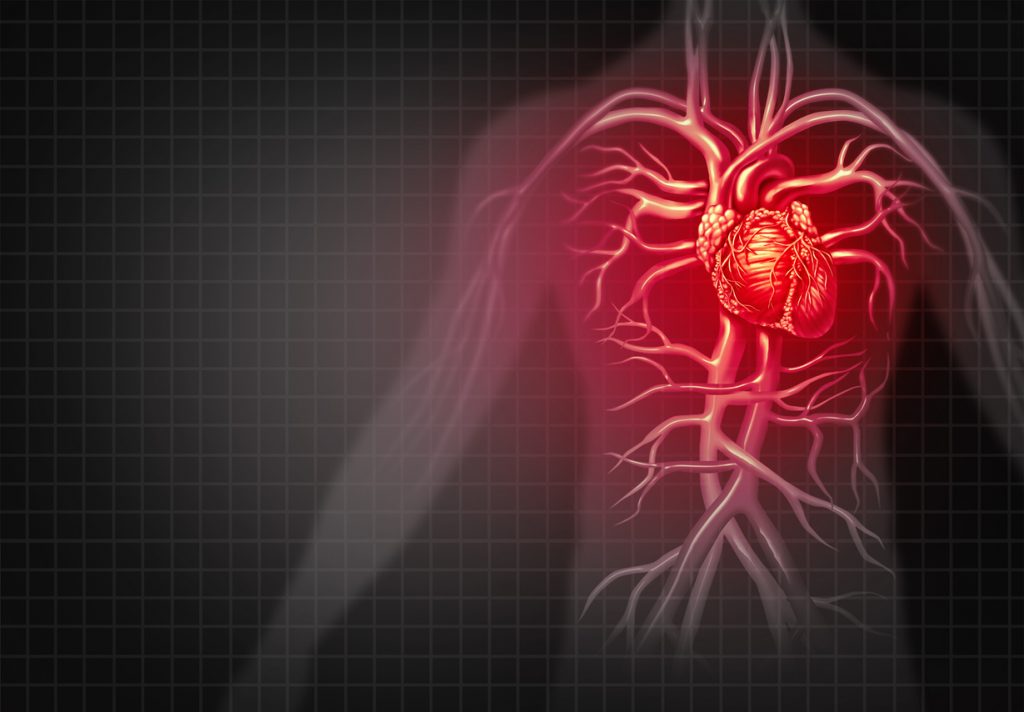Cardiology
Medical Conditions
- Ischaemic heart disease (angina, heart attack, myocardial infarction, acute coronary syndrome) – narrowing of the vessels that supply blood and oxygen to the heart can cause chest pain, shortness of breath and collapse. Reversible chest pain on exertion caused by vessel narrowing is called angina. A heart attack generally occurs where a vessel is completely blocked and heart muscle is damaged.
- Arrhythmias (like atrial fibrillation (AF), atrial flutter, supraventricular tachycardia (SVT) & ventricular tachycardia (VT)) – The heart normally beats regularly and reliably. Any disturbance to this function is called an arrhythmia. The heart may be going too fast (a tachyarrhythmia) or too slow (a bradyarrhythmia).
- Heart failure – many different conditions can make the heart not pump as well as it should. This is called heart failure and can cause shortness of breath, lethargy, swelling of ankles and dizziness.
- Valvular heart disease – there are four major valves in the heart. These may become narrowed meaning forward flow of blood through them is impeded, or they may become leaky meaning the heart pump is less efficient.
Book your health appointments online
Find and instantly book your next health appointment with Healthengine
Specialty Areas of Interest
- Interventional cardiology – angioplasty and stenting
- Arrhythmia management and electrophysiological studies and ablation
- Heart failure
Associated Tests
- Electrocardiogram (ECG)
- Echocardiogram (Echo)
- Angiogram
- Perfusion study
- Electrophysiological study (EPS)
Procedures
- Percutaneous Coronary Intervention (PCI)
- Angioplasty and stenting
- Pacemaker insertion
- Ablation therapy
What to expect
History
Your cardiologist will ask you about your current presentation, particularly any chest pain, shortness of breath, dizziness or collapses you may have suffered. They will ask about risk factors for ischaemic heart disease including smoking, diabetes, high blood pressure, high cholesterol levels and a family history of heart problems. It is also important they know what medications you are currently taking.
Examination
Your cardiologist will check your pulse and blood pressure, then proceed to examine your heart, lungs and other pulses. The history combined with the examination findings will guide your cardiologist to decide on further appropriate investigations.
Training and Qualifications
Links
- Find a Cardiologist
- Cardiac Society of Australia and New Zealand
- International Academy of Cardiology
- European Society of Cardiology
- American College of Cardiology
- Wikipedia – Cardiology
A: Use HealthEngine to find and book your next GP appointment. Click on the following locations to find a GP clinic in your state or territory.
This article is for informational purposes only and should not be taken as medical advice. If in doubt, HealthEngine recommends consulting with a registered health practitioner.
All content and media on the HealthEngine Blog is created and published online for informational purposes only. It is not intended to be a substitute for professional medical advice and should not be relied on as health or personal advice. Always seek the guidance of your doctor or other qualified health professional with any questions you may have regarding your health or a medical condition. Never disregard the advice of a medical professional, or delay in seeking it because of something you have read on this Website. If you think you may have a medical emergency, call your doctor, go to the nearest hospital emergency department, or call the emergency services immediately.








